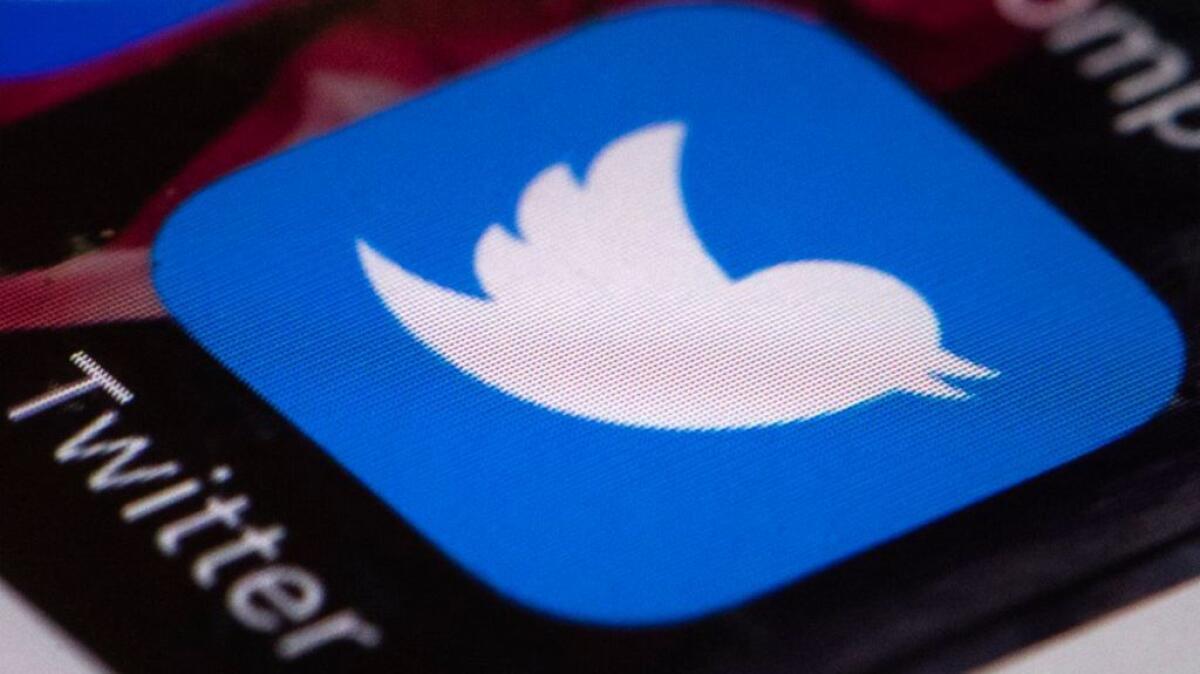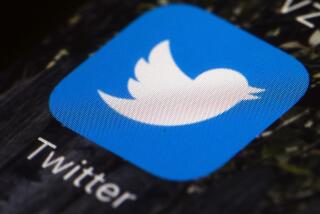Twitter appears to explain why it hasnât banned President Trump

It made no mention of his name, but Twitter appears to have offered an explanation Friday for refusing to ban President Trump despite outcry from some users of the social media service.
In a short blog post, the company said blocking a world leader would undermine its role as a service advancing what it called a âpublic conversation.â
âBlocking a world leader from Twitter or removing their controversial Tweets, would hide important information people should be able to see and debate,â Twitter said. âIt would also not silence that leader, but it would certainly hamper necessary discussion around their words and actions.â
Twitter has been under growing pressure to rein in Trump, who has been accused of inciting violence and raising nuclear tensions with North Korea using his favorite mode of communication.
On Tuesday, the president tweeted that he had a much bigger and more powerful nuclear button than North Korean leader Kim Jong Un, raising more fears Trump could plunge the nation into war over social media.
Following the tweet, protesters directed their scorn at Twitter and its chief executive, Jack Dorsey, by projecting an image onto the companyâs San Francisco headquarters that read, â@jack is #complicit.â
Itâs unclear why Twitter did not mention Trump by name in the post. The company declined to comment.
Critics have speculated that Twitter â which has struggled on Wall Street due to lagging user growth â has chosen not to remove Trump because his presence makes the service perpetually newsworthy, capturing the attention of users and with them advertising revenue.
To that end, Twitter appeared to address that speculation in Fridayâs post: âNo one personâs account drives Twitterâs growth, or influences these decisions. We work hard to remain unbiased with the public interest in mind.â
Follow me @dhpierson on Twitter
More to Read
Inside the business of entertainment
The Wide Shot brings you news, analysis and insights on everything from streaming wars to production â and what it all means for the future.
You may occasionally receive promotional content from the Los Angeles Times.











